
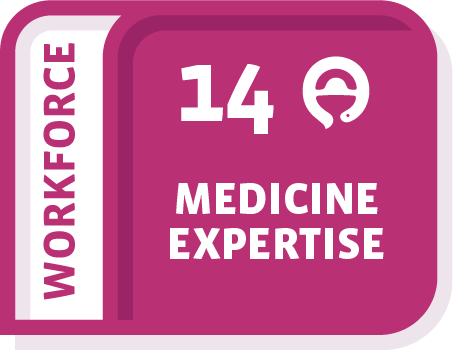
FIP Development Goal 14 Workforce Element
Globally, we will have:
Strategies and systems in place to prepare and train a workforce that can deliver quality medicines expertise.
Mechanisms
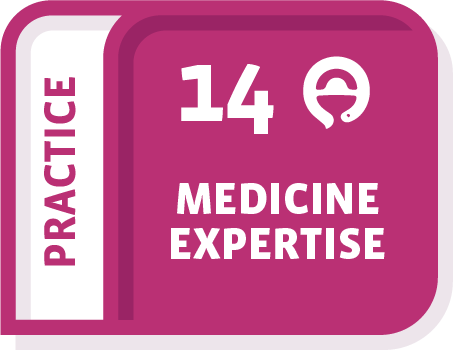
FIP Development Goal 14 Practice Element
Globally, we will have:
Strategies and systems in place on pharmaceutical expert information and advice provision to patients, formal and informal caregivers, health care professionals and relevant agencies and stakeholders.
Mechanisms
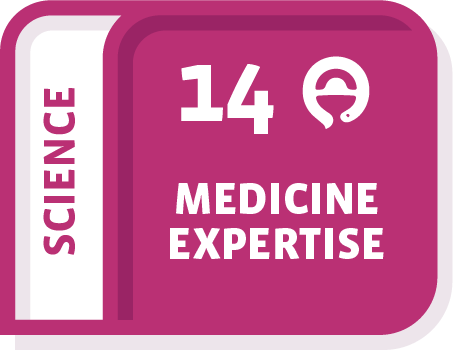
FIP Development Goal 14 Science Element
Globally, we will have:
Encourage provision of science-based information on medicines.
Mechanisms
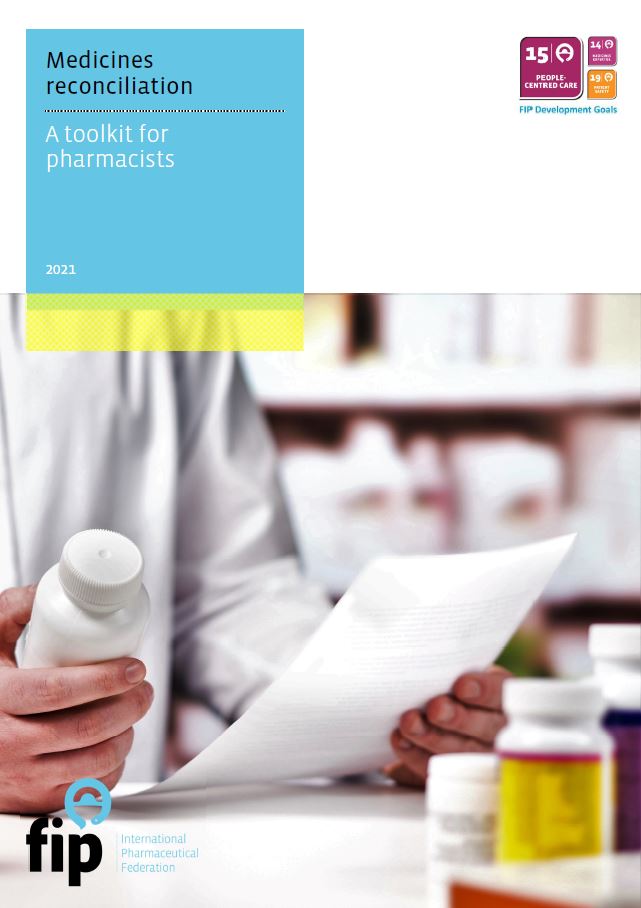
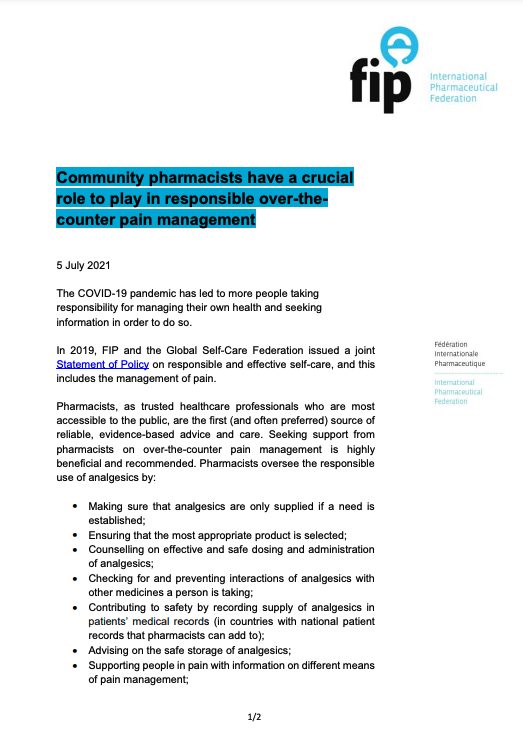
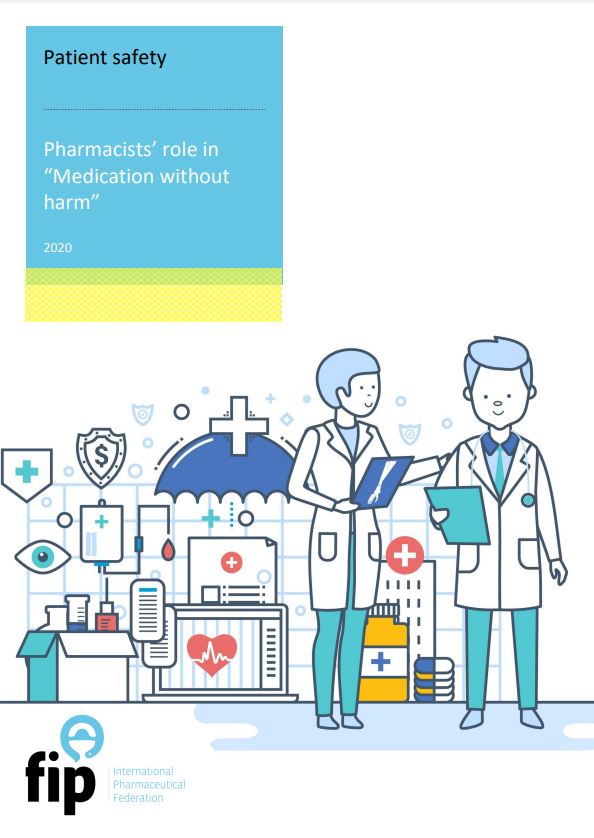
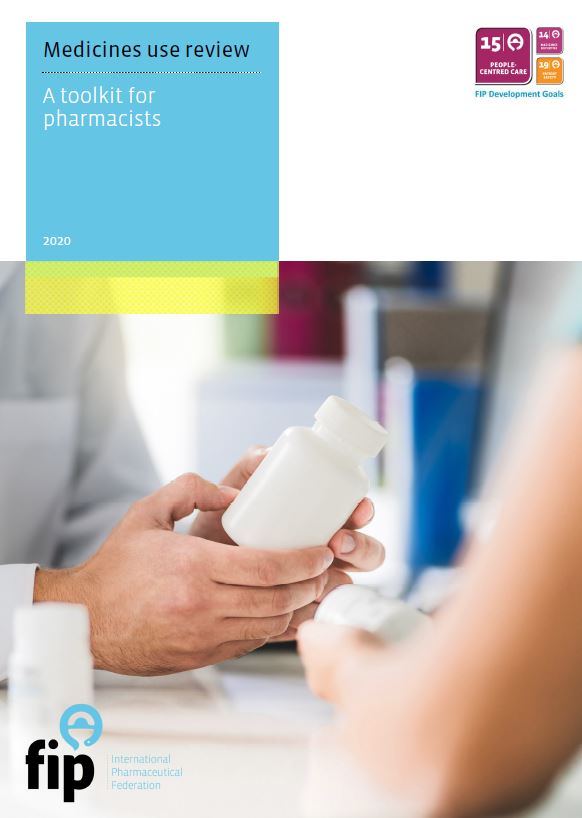
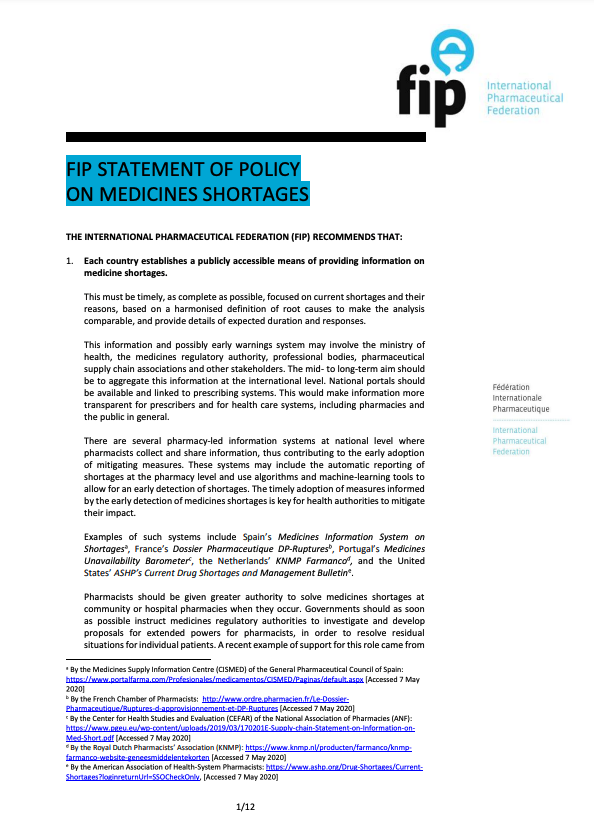
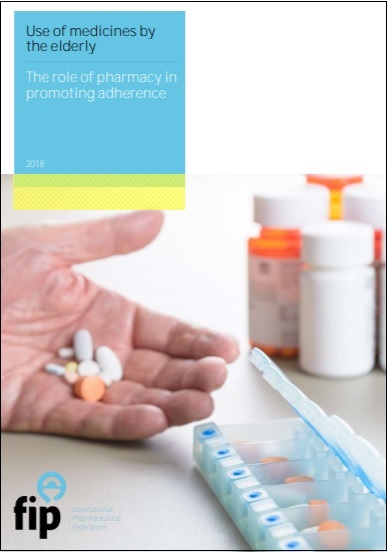
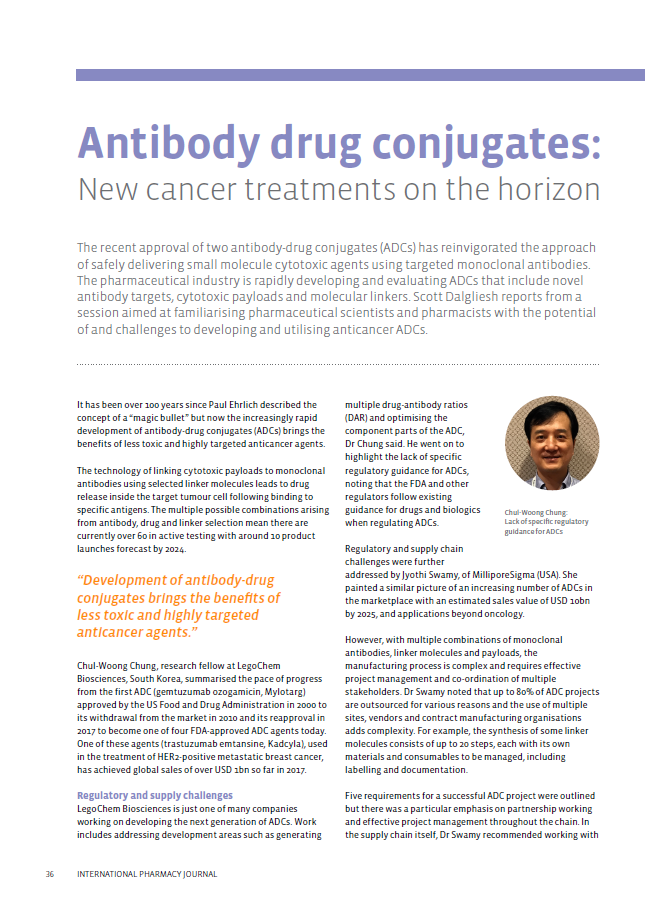
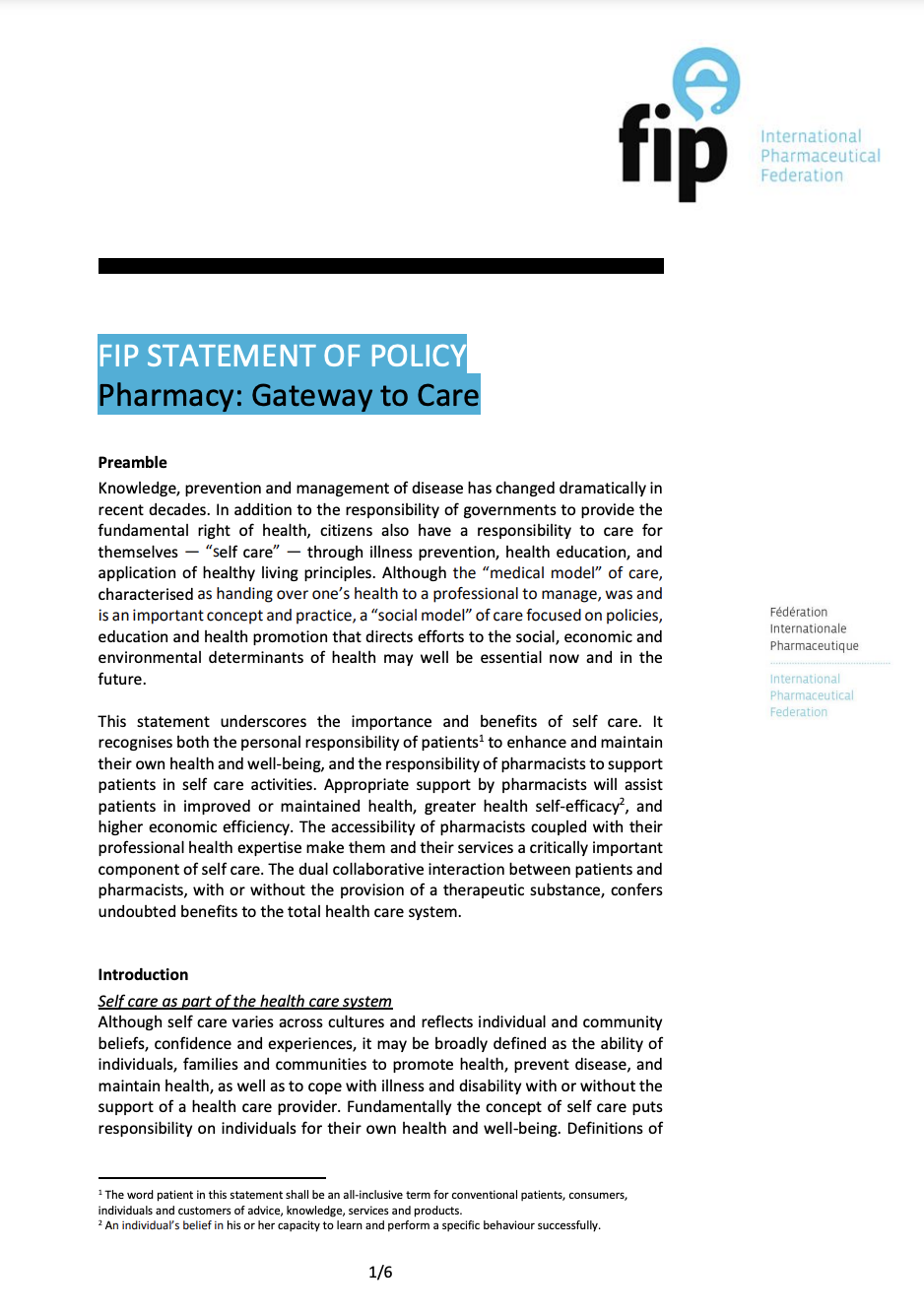
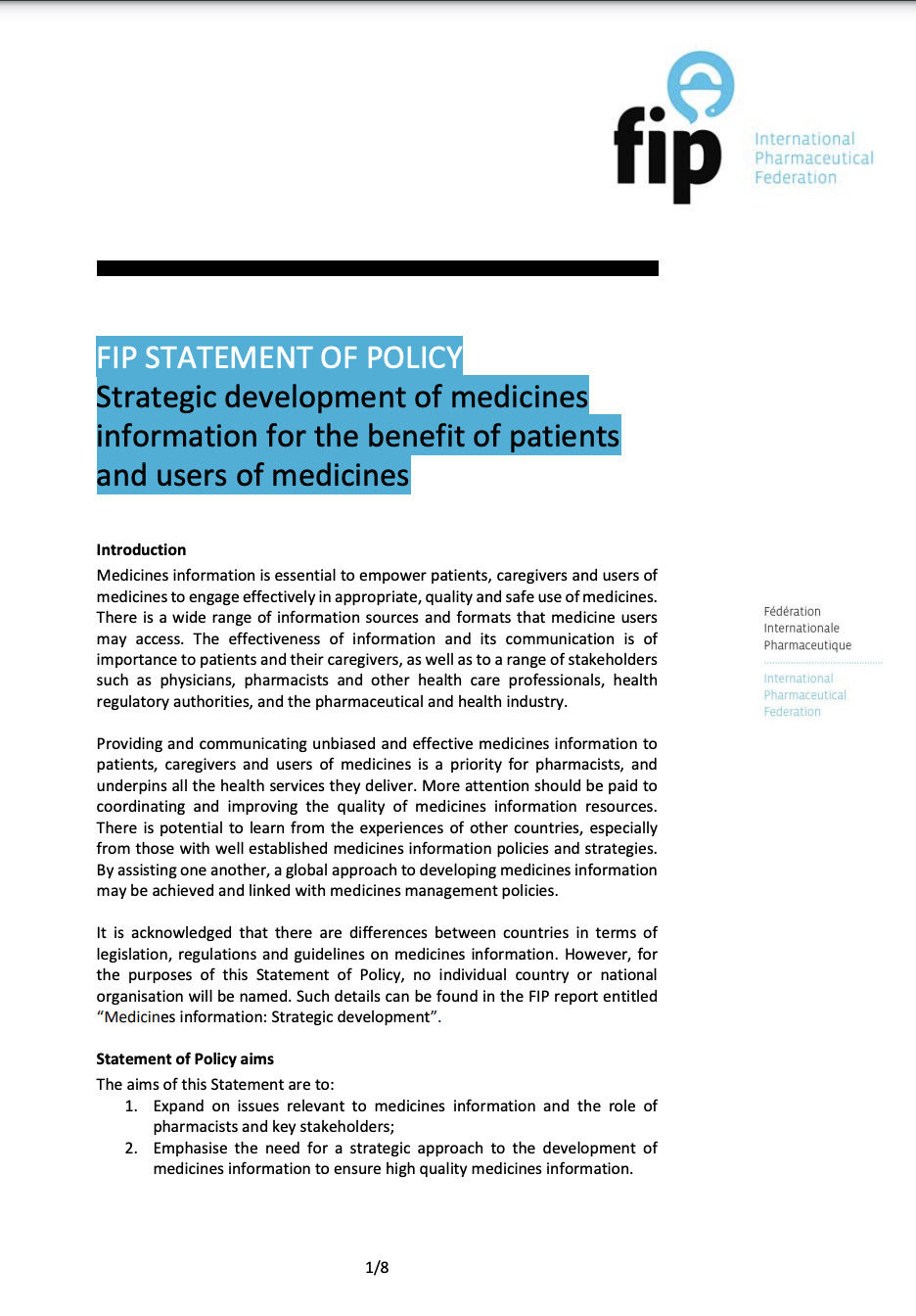
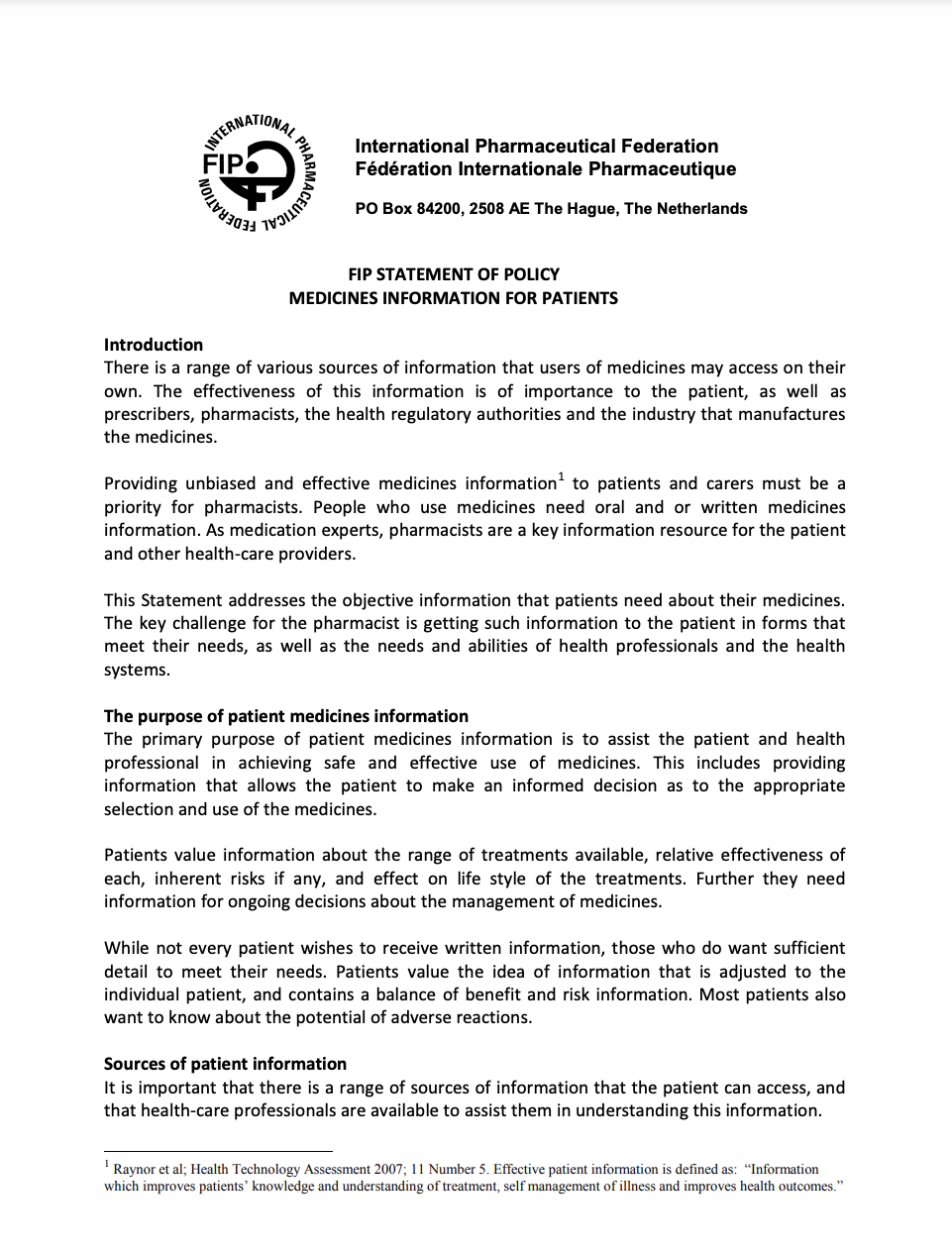
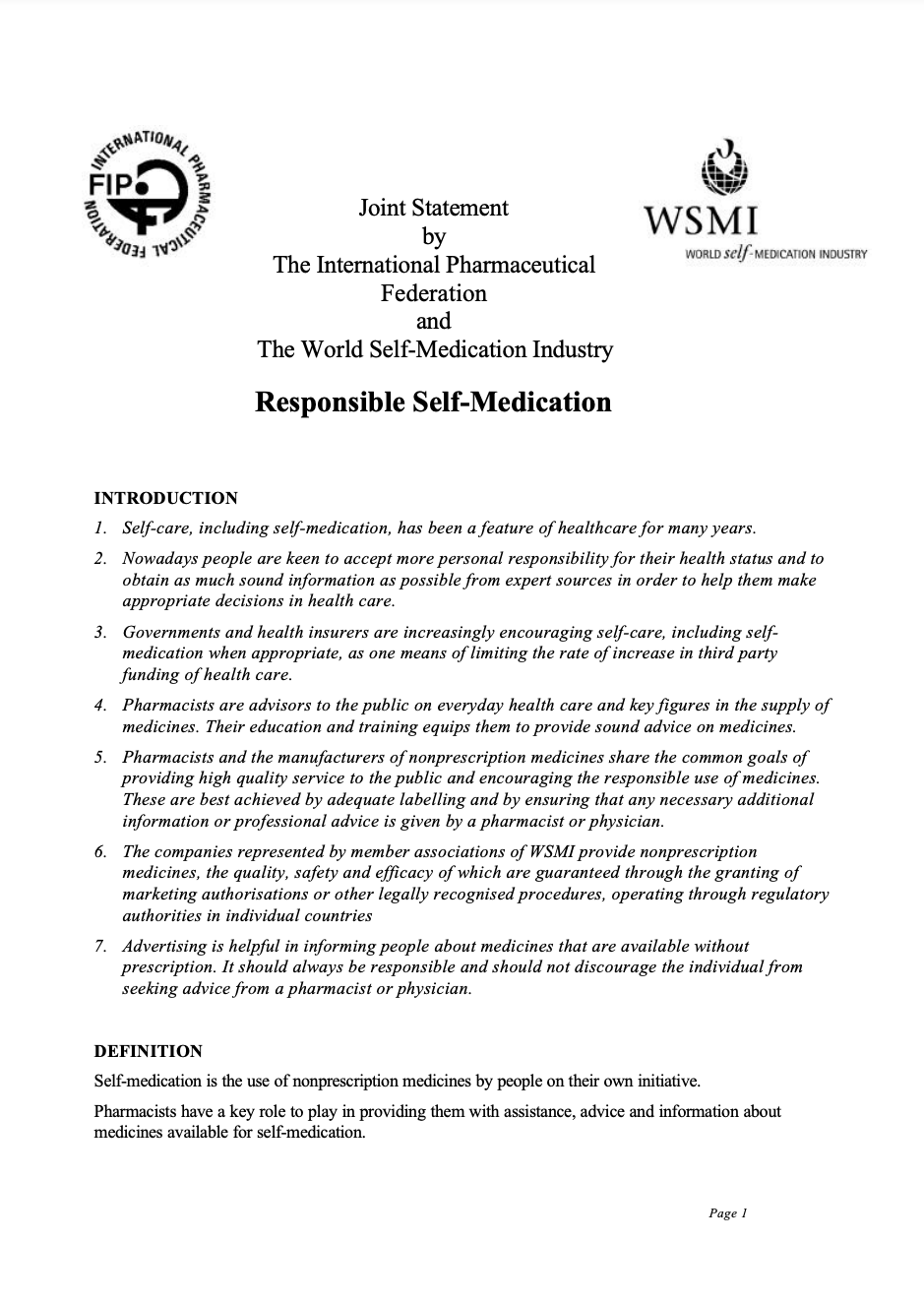
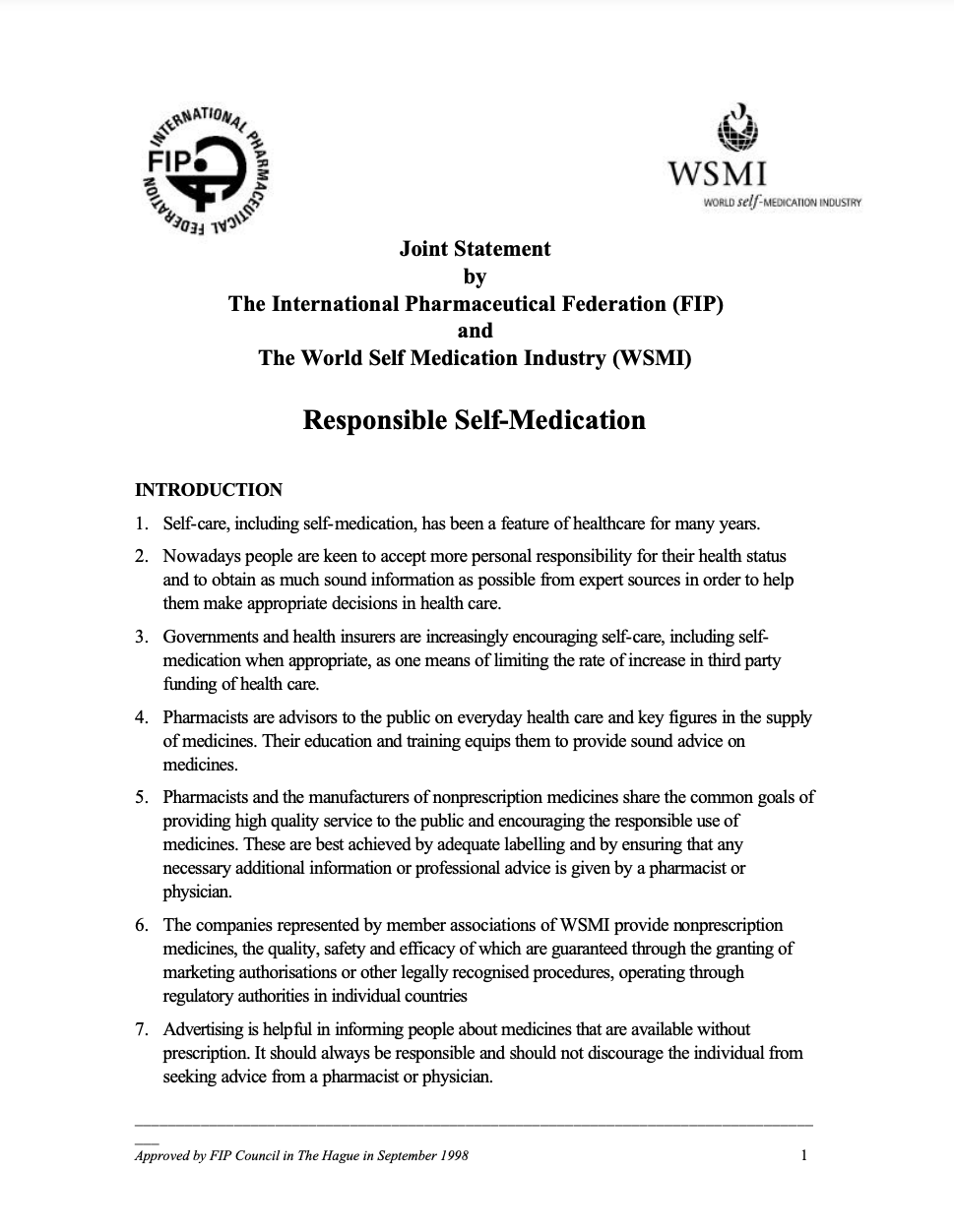
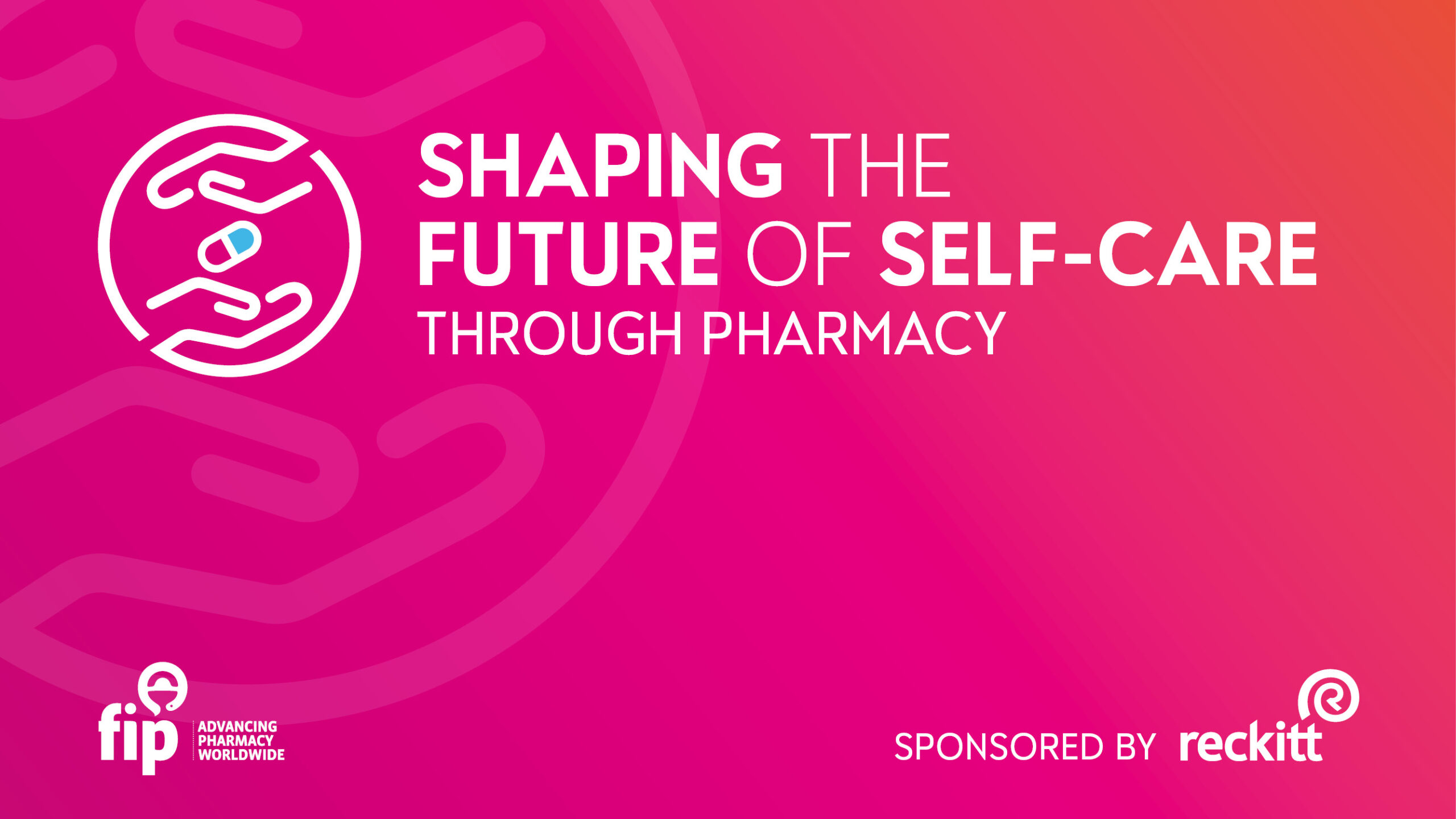
As healthcare providers, pharmacists have an important role to play in supporting self-care. FIP is launching a new 17 event digital programme: ‘Shaping the future of self-care through pharmacy”’. The programme is composed of 8 episodes that will focus on accelerating UHC for all by enabling self-care through community pharmacy. Additionally, nine episodes will focus on self-care support for community pharmacy teams.
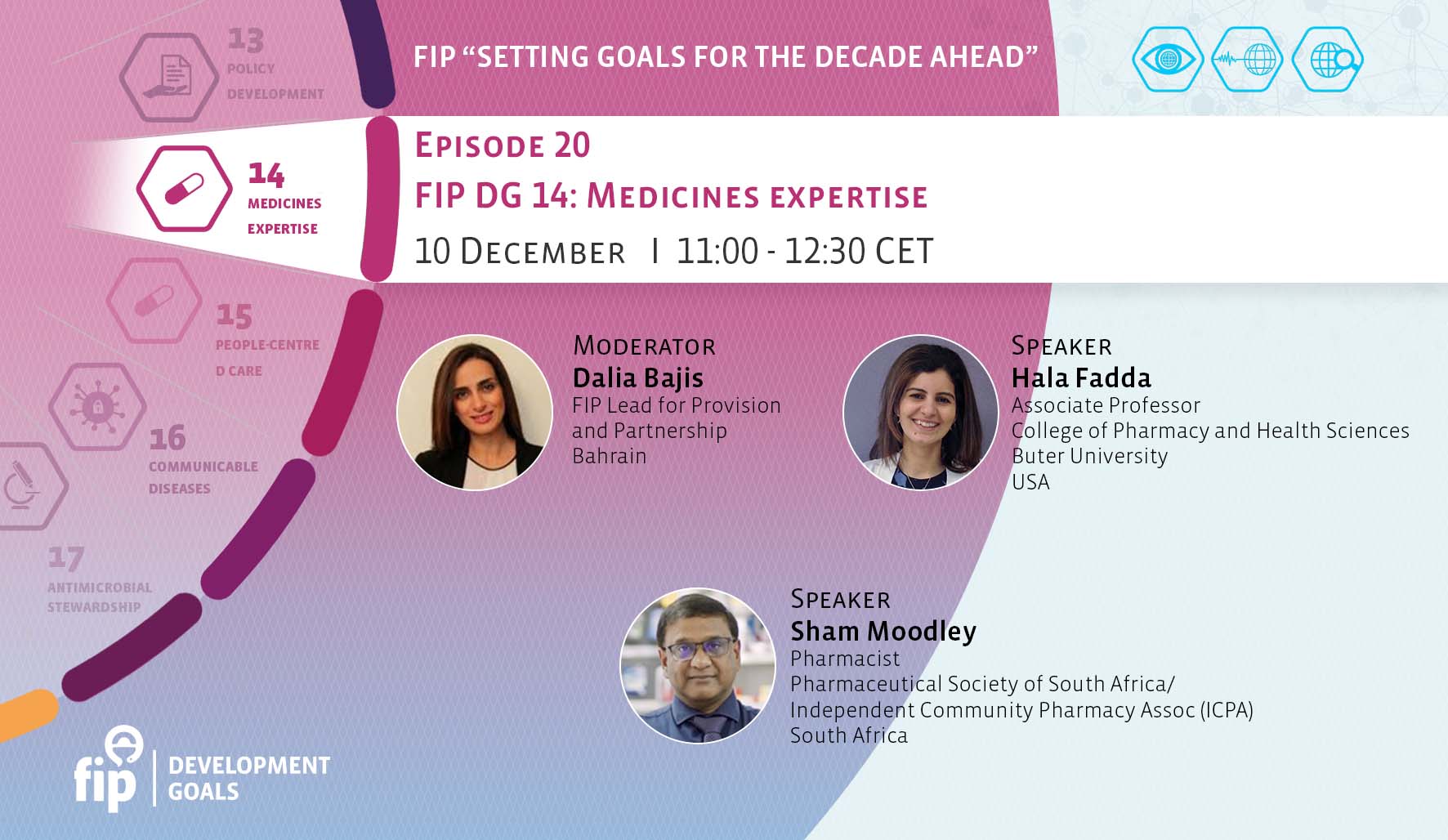
The FIP Development Goals Digital Programme “Setting goals for the decade ahead” is a comprehensive online event series providing coverage of the 21 goals over 21 events in 2021. Starting in March, the 21 digital events aim to provide description, direction and context for each specific goal, with a global plan for the decade ahead and how each nation, within each region can identify and prioritise which goals are the priorities and how the goals can support developments and transformation for them. The 20th episode of the Programme focuses on FIP Development Goal 14: Medicines Expertise.The expected outcomes of the event are:
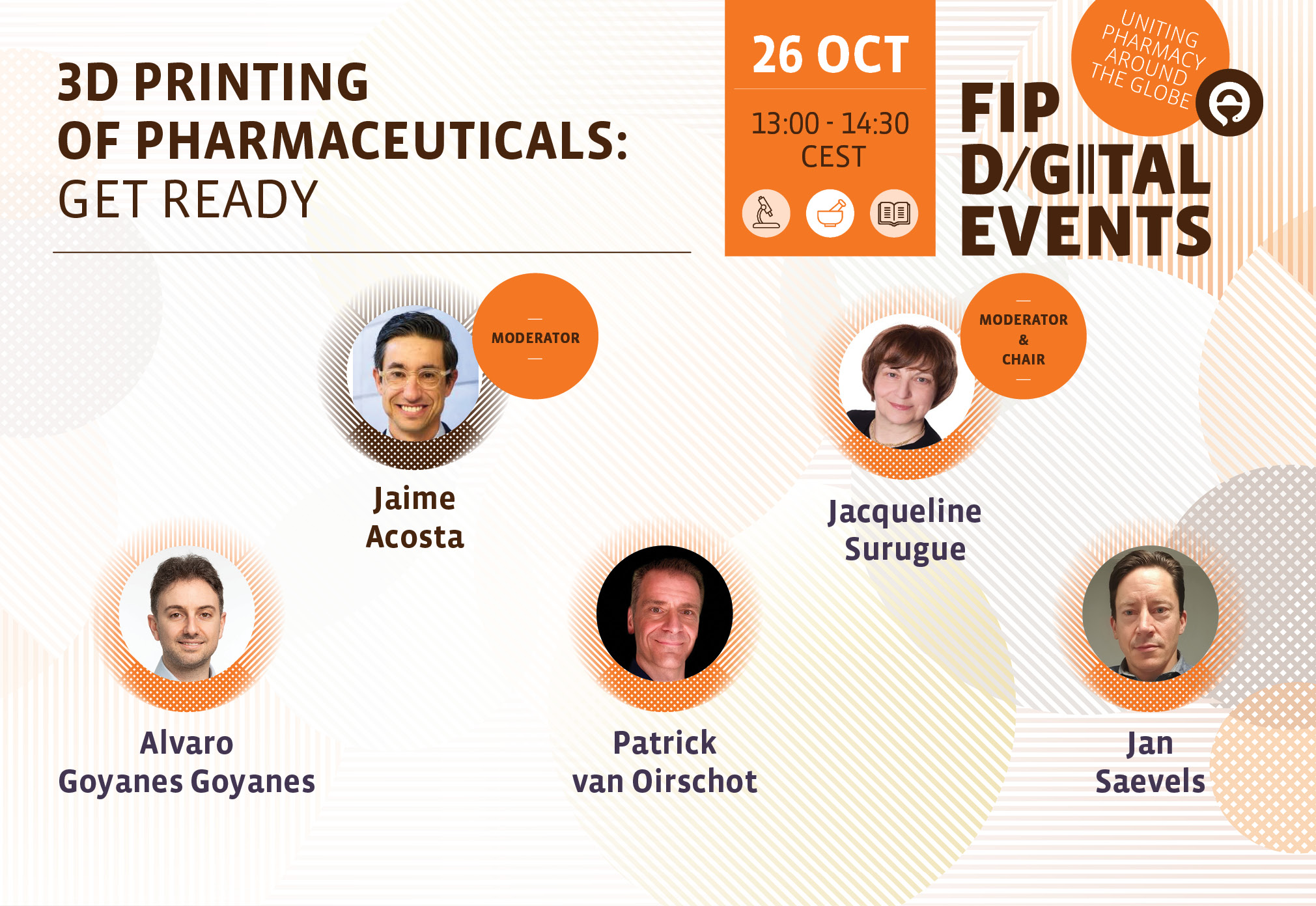
3D printing offers the potential to revolutionise the production of pharmaceuticals targeted to the gastrointestinal tract by offering a flexible drug product manufacturing platform that can adapt readily to changing market and patient needs.
When will a pharmacist be able to use each patient’s individual information — such as age, race, gender or constitution — to produce their optimal medication dose, rather than relying on a standard set of doses? Could there be a time when a pharmacist will be able to print drugs in a complex construct of layers? When will patients be able to print their medicines at home?
Describe the generalities related to 3D printing of medicines.
Understand the opportunities, issues and regulation related to 3D printing of medicines.
Learn how different technological tools allow personalised 3D printed medicines.
Outline a practical experience in 3D printing in pharmacies
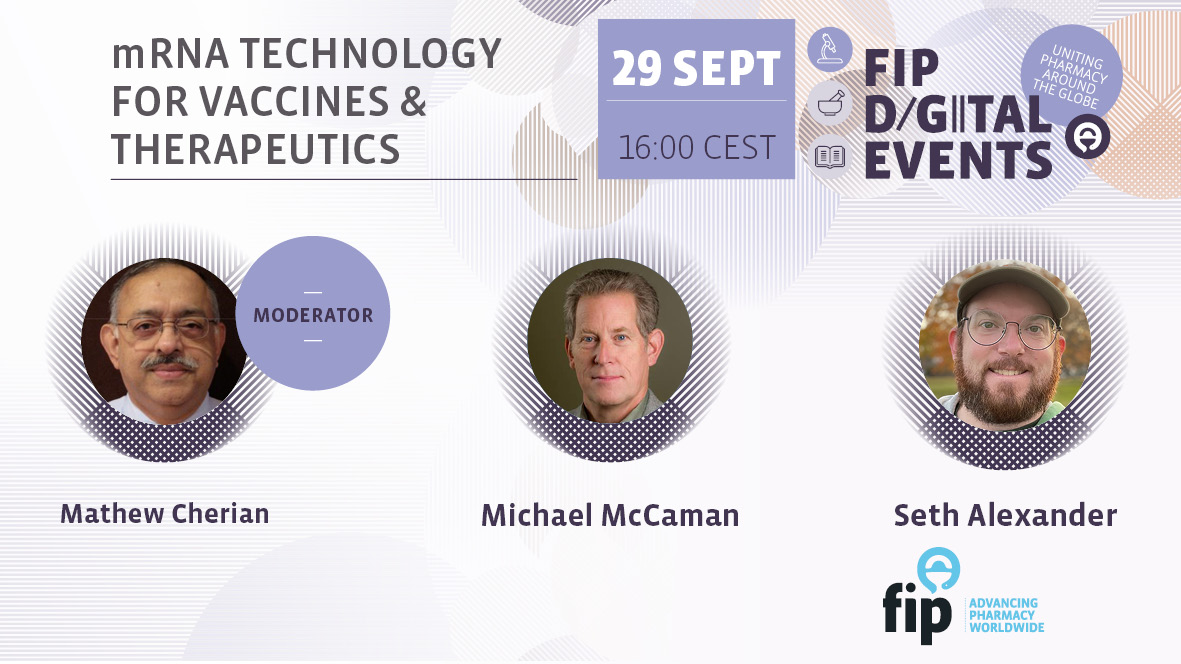
mRNA technology was used in developing the first ever COVID vaccine, developed by Pfizer / BioNtech. A number of vaccine or therapeutic products are in developing this technology. This webinare will address the following:
• What is mRNA? (structure and chemistry)
• How does it work in a cell (as either a therapeutic or vaccine)?
• How is it made and at what scale?
• How is it analysed and characterised?
• By what means can it be delivered to the patient?
• What were the biggest challenges to get mRNA vaccines out to the public in 2020?
• What other notable clinical advances have been made for mRNA based medicines?
• What future directions do we see for mRNA as a therapeutic tool?
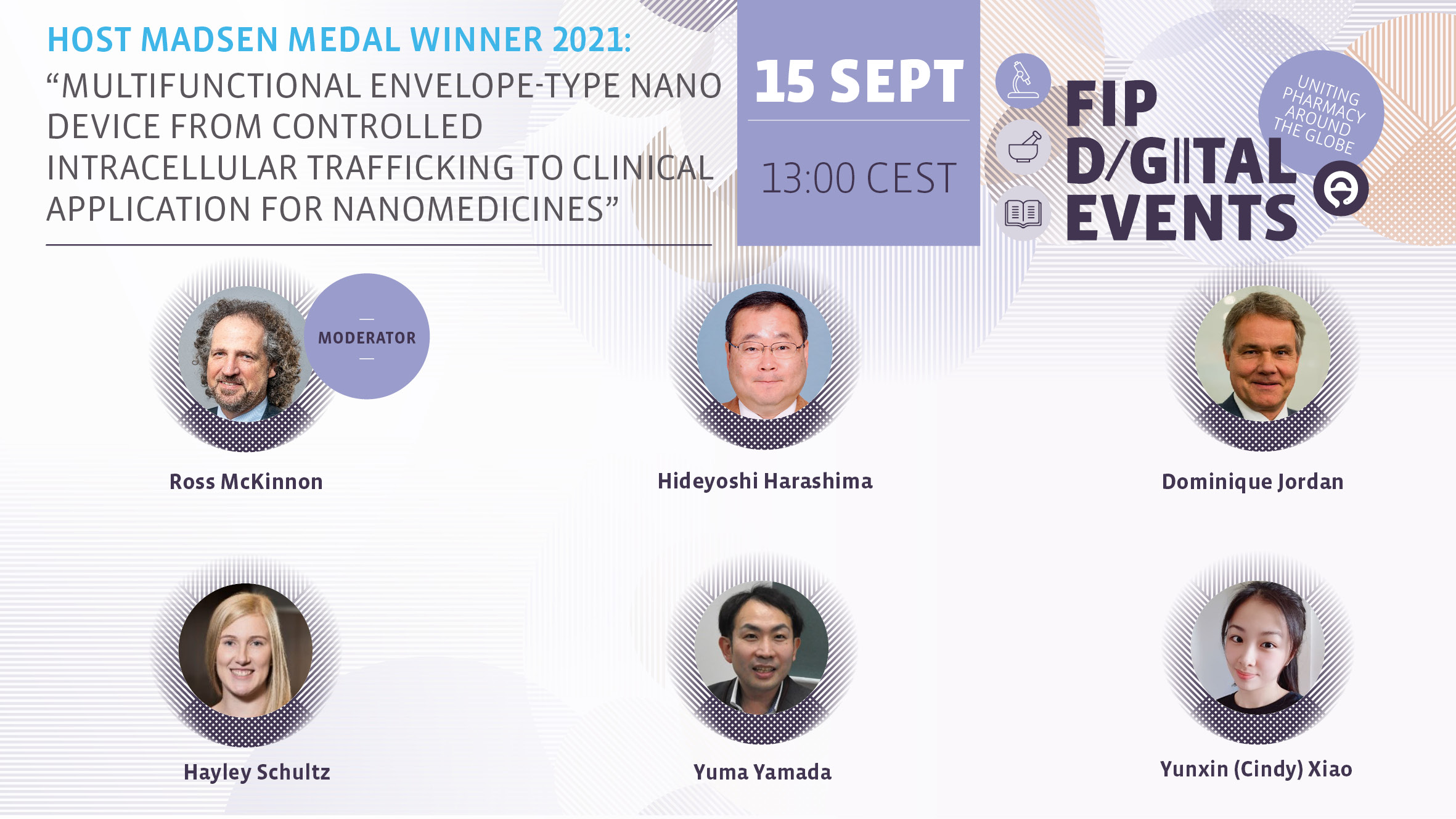
The Høst-Madsen Medal is the highest pharmaceutical science award of FIP and it is awarded every second years. The award is named after Danish pharmaceutical scientist and former FIP president Dr Erik Høst-Madsen and is made possible with the support of the Association of Danish Pharmacies (Danmarks Apotekerforening). This year we will present the award, during a digital event, to Prof. Hideyoshi Harashima, of Hokkaido University, Japan.
The event will start with short presentations on the nanomedicine/drug delivery theme from three young researchers from different countries, after which Prof. Harashima will provide some commentary. The event will continue with the president of FIP presenting the medal and certificate to Prof. Harashima, after which Prof. Harashima will give a lecture on “Multifunctional envelope-type nano devices: From controlled intracellular trafficking to clinical application for nanomedicines”.
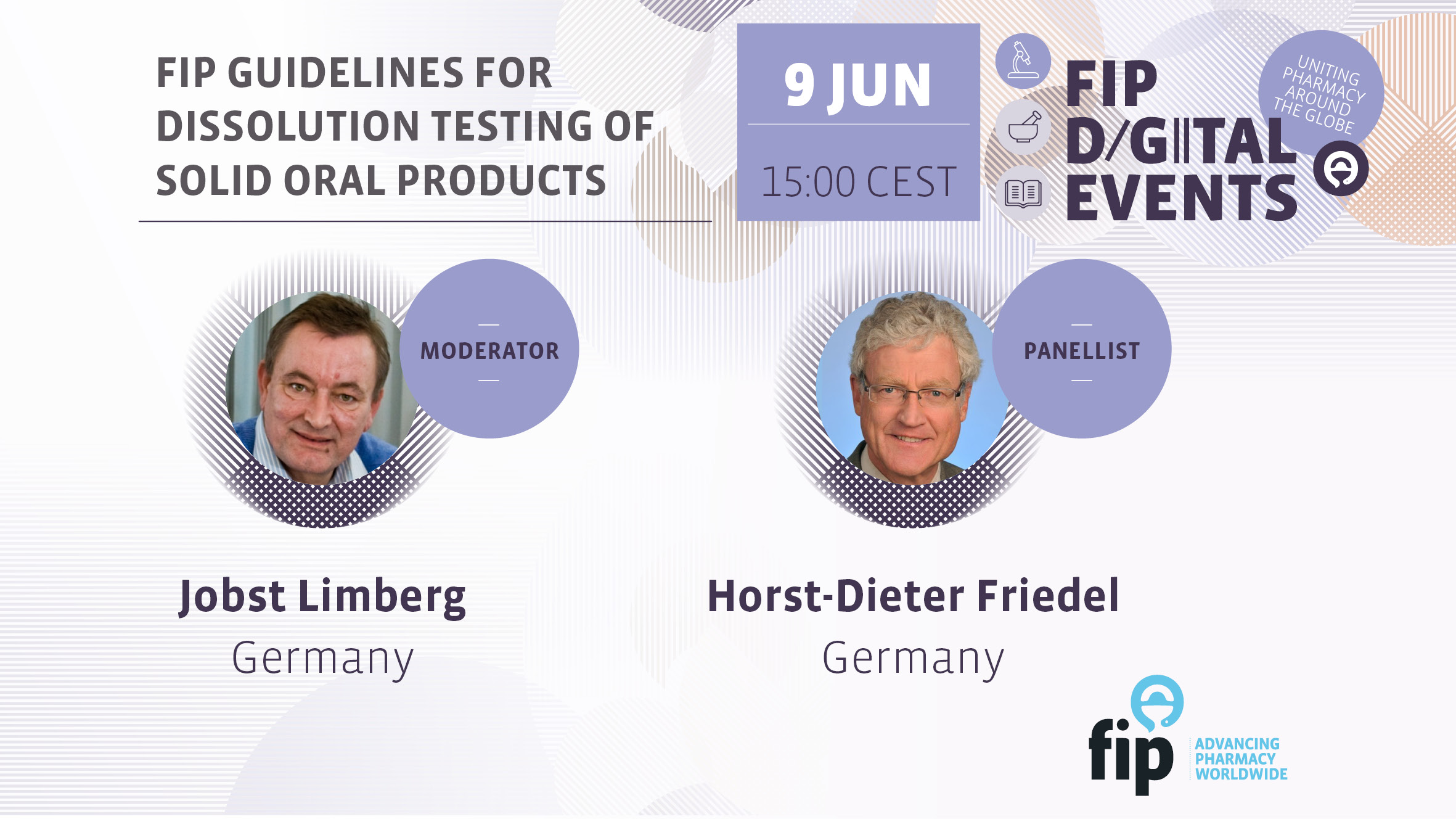
Dissolution testing is an important physiochemical test for the development of solid oral dosage forms. As a quality control test, the dissolution test is used for assessment of drug product quality and is specified for batch release and regulatory stability studies. In vitro dissolution test results
can often be correlated with the biopharmaceutical behaviour of a product. This webinar provides a summary
of views from major global agencies (Europe, Japan, United States), pharmacopoeias, academia, and
industry. Based on available guidance and literature, this webinar summarises highlights for development
and validation of a suitable dissolution method, setting appropriate specification.
Clarify the importance of dissolution testing within the pharmaceutical lifecycle.
Learning objectives:
• Understand the concept of Dissolution Testing
• Learn which parameters are relevant for the development of a dissolution method
• Learn how to validate the dissolution method
• Learn how to set suitable specifications
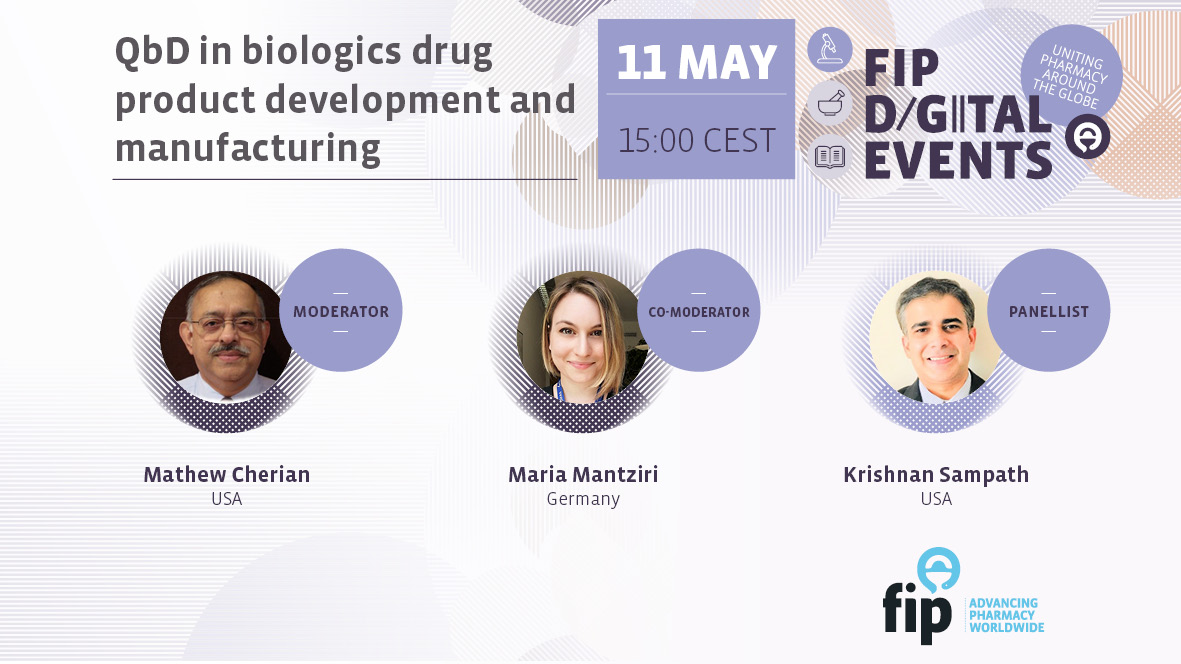
Biopharmaceutical drug product development is a multistage process that involves various activities from molecule design to process engineering and validation. QbD based approaches can help connect consecutive stages of product development to each other and ultimately to the desired clinical performance. The webinar will address practical approaches to utilizing QbD based approaches for biologics drug product formulation and process development as well as manufacturing using case studies as examples.
Learning objectives:
*How QbD is applied to discrete stages in biologics development and manufacturing
*Application of QbD that is phase- appropriate
*Case studies of real- life examples
The following FIP programmes of work and structures support the implementation of this Goal: